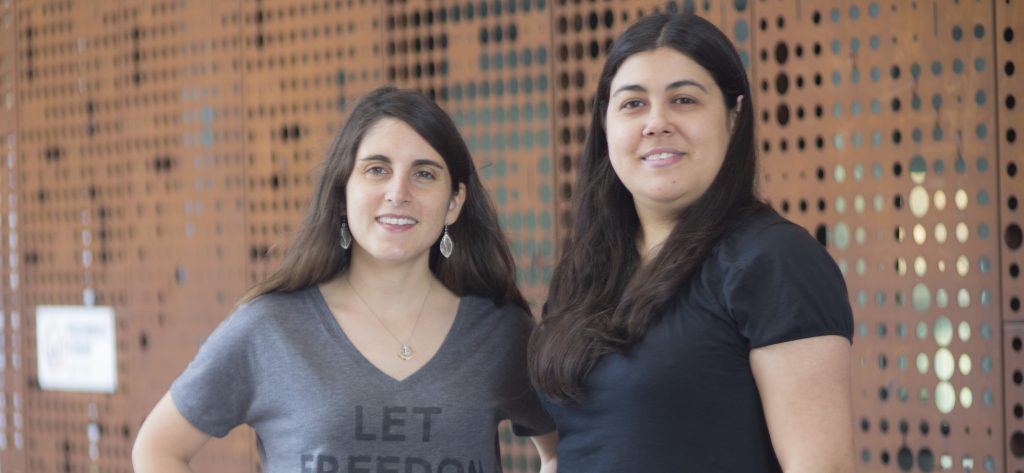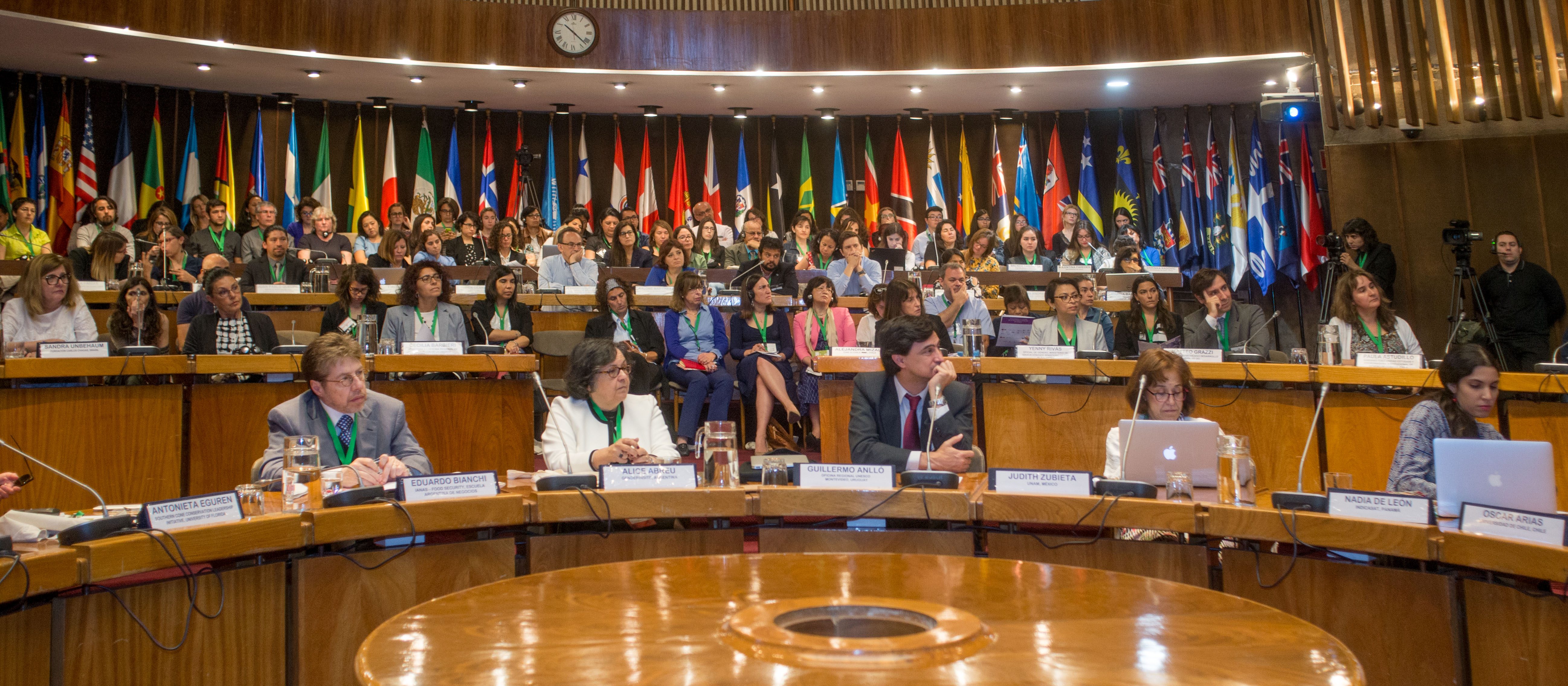- The astronomer Camila Navarrete and the physicist Carla Hermann tell their experience as women in primarily masculine environments. The winners of the L’Oréal UNESCO Prize for Women in Science 2017 are convinced that their example will motivate scientific vocations among girls.
In one of the first astronomy courses at the university, Camila Navarrete and her colleagues did an experiment: while they were measuring and calculating, she was only in charge of drawing the process, because she was the woman of the group. This was one of the few discriminatory experiences of one of the winners of the L’Oréal UNESCO Prize for Women in Science during her training, who shares the award with the physicist Carla Hermann.
“Maybe at the beginning of my career I was quite shy and needed to be put on the same level as men. It was a process where, little by little, I was taking more confidence, claiming those spaces and my colleagues, finally, saw that I was just as capable as they were”, the astronomer Camila Navarrete recalls.
For Carla Hermann, the experience was similar and she considers that there are stereotypes that determine the path of women in science. “It is not that people want to discriminate, it is something that is naturalized, as a kind of default of our culture. Even though there is not something textual that says you cannot do something because you are a woman, in some way that is reflected in the actions”, Carla Hermann explains.
However, in Camila’s opinion, this transcends all levels of society. “It is not just a job for scientists to change that mentality, but for everyone. I think we can provide equality by giving the same opportunities to girls and boys so that they develop in whatever they like”, she says.
For both researchers, one way to incorporate women into the sciences is through specific policies of female insertion. “There are some CONICYT competitions that consider it. I imagine if that changes at the level of the university departments to reach a gender parity, a path is made to achieve it also in the rest of the fields”, Carla says.
“In the case of astronomy, at the Catholic University, there are only two teachers, out of a total of 12. We are still a minority and I feel that this is where we have to try, to not only encourage women in science and not make differences, but also to help them to be in leadership roles“, Camila Navarrete says.
Within the tools to move towards greater equity, both agree that it is essential to share experiences of successful women. “It would be ideal for schools to encourage making vocational talks, not to talk in depth about our areas, but to make boys and girls develop a critical spirit and not lose the innate curiosity that human beings have and nowadays it looks very subdued”, Carla Hermann says.
“This prize or the interviews serve to make visible that there are women scientists. With Carla, we can give a message to the girls who are in school and tell them that we are both Chilean women doing science and we are recognized. These models can serve to inspire more vocations among them“, Camila Navarrete concludes.










